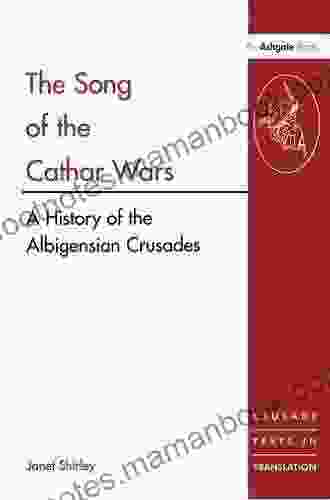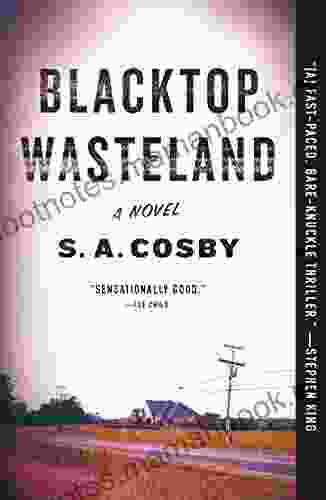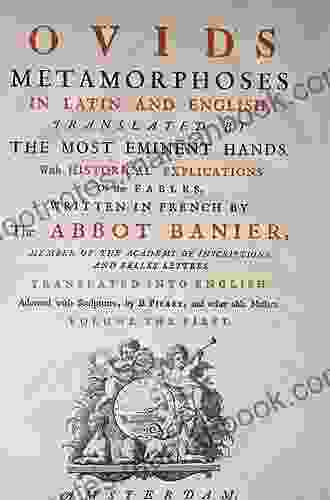: The Occitan Literary Landscape
The Song of the Cathar Wars, also known as La Cançon de la Crozada, is a captivating Occitan epic poem that captures the essence of a tumultuous period in European history. Composed in the early 13th century, the poem offers a unique perspective on the Albigensian Crusade and the Cathar Wars that ravaged the Languedoc region of southern France. This article will delve into the historical context, literary significance, and enduring legacy of this remarkable work of Occitan literature.
The Occitan language, spoken in the southern regions of France, flourished during the Middle Ages and gave rise to a rich tradition of troubadour poetry. Troubadours were itinerant poets and musicians who composed and performed songs that celebrated love, chivalry, and courtly life. The Song of the Cathar Wars stands out as a prominent example of Occitan epic poetry, which often focused on historical events and heroic deeds.
4.8 out of 5
| Language | : | English |
| File size | : | 3007 KB |
| Text-to-Speech | : | Enabled |
| Screen Reader | : | Supported |
| Enhanced typesetting | : | Enabled |
| Word Wise | : | Enabled |
| Print length | : | 213 pages |
Historical Context: The Albigensian Crusade and the Cathar Wars
The Albigensian Crusade was a brutal campaign launched by the Catholic Church in the early 13th century to suppress the Cathar heresy. The Cathars, a dualistic Christian sect, held beliefs that were considered heretical by the Church. They believed in the existence of two gods, one good and one evil, and rejected the authority of the Catholic Church. The Languedoc region, with its vibrant Occitan culture, became a stronghold of Catharism, which posed a significant threat to the Catholic Church's authority.
In 1209, Pope Innocent III called for a crusade against the Cathars. Thousands of crusaders from northern France responded to the call, eager to earn indulgences and plunder the wealthy lands of the Languedoc. The crusade was marked by extreme violence and brutality, with many Cathars being burned at the stake or massacred. The Cathar Wars raged for over two decades, leaving a lasting scar on the region.
The Song of the Cathar Wars: A Historical and Literary Record
Composed in the aftermath of the Albigensian Crusade, The Song of the Cathar Wars provides a valuable historical account of the conflict. Traditionally attributed to the troubadour Guilhem de Tudela, the poem is written in Occitan and consists of over 9,000 lines. It narrates the events of the crusade from the Occitan perspective, offering insights into the motivations, struggles, and suffering of the Cathars.
The poem begins with an invocation to God and a description of the Cathars as a peaceful and devout people. It then recounts the arrival of the crusaders and the ensuing persecution of the Cathars. The poem vividly depicts the brutality of the crusade, including the sacking of cities, the burning of heretics, and the forced conversions of Cathar communities. The Song of the Cathar Wars not only serves as a historical document but also as a powerful expression of the Occitan people's resistance to foreign invasion and religious oppression.
Literary Significance: Narrative Structure and Poetic Devices
The Song of the Cathar Wars is a complex and sophisticated work of literature, employing various narrative techniques and poetic devices. The poem is structured as a chronicle, with a linear narrative that follows the chronological order of events. However, the poet also incorporates flashbacks, foreshadowing, and digressions to provide context and depth to the story.
The poem is written in octosyllabic couplets, a common verse form in medieval Occitan literature. The use of rhyme and rhythm creates a sense of rhythm and memorability, making the poem suitable for oral performance. The poet also employs various rhetorical devices, such as metaphors, similes, and personification, to enhance the emotional impact of the narrative.
Enduring Legacy: The Song's Impact on Occitan Culture and History
The Song of the Cathar Wars has had a profound impact on Occitan culture and history. It has served as a source of inspiration for subsequent generations of Occitan writers and intellectuals. The poem's celebration of Occitan identity and resistance against oppression has resonated with Occitans throughout the centuries.
In the 19th century, during the Occitan Renaissance, The Song of the Cathar Wars was rediscovered and became a symbol of Occitan cultural revival. The poem's message of resistance and cultural pride inspired a new wave of Occitan literature and activism.
The Song of the Cathar Wars continues to be studied and celebrated today as a valuable historical document, a literary masterpiece, and a testament to the resilience of the Occitan people. It is a powerful reminder of the horrors of religious persecution and the importance of cultural identity.
: A Timeless Tale of Conflict, Resistance, and Cultural Identity
The Song of the Cathar Wars is a remarkable work of literature that offers a unique and poignant perspective on a tumultuous period in European history. It is a testament to the power of language to record the past, inspire the present, and shape the future. Through its rich narrative, complex characters, and enduring themes, The Song of the Cathar Wars continues to resonate with readers today, reminding us of the importance of preserving cultural diversity and resisting oppression in all its forms.

















































































































